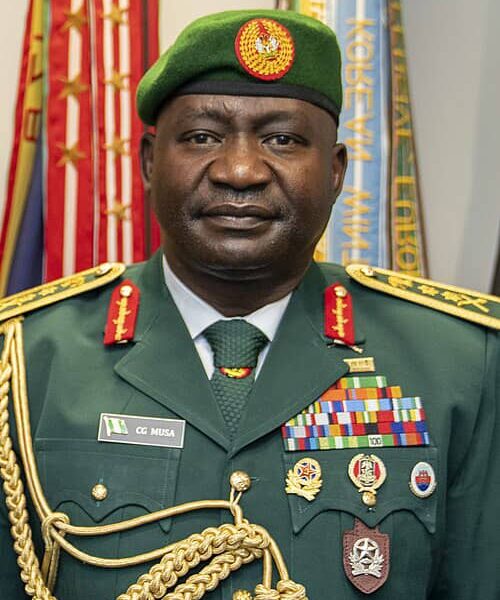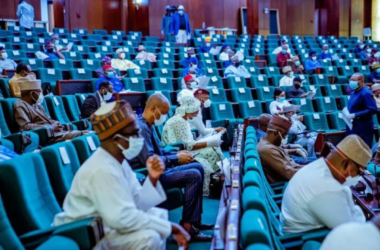The echoes of gunfire and the grim statistics of violent conflict have become a disturbingly familiar soundtrack to Nigerian life. While the valiant efforts of our armed forces in tackling insurgency, banditry, and other forms of criminality are undeniable and deserve unwavering support, it is becoming increasingly clear that solely relying on military might is akin to treating the symptoms rather than the root causes of our national insecurity. To truly secure Nigeria, we must look “beyond the barracks” and embrace a broader, more holistic approach that addresses the deep-seated social and economic vulnerabilities fueling instability.
For too long, our national security discourse has been dominated by discussions of troop deployments, military hardware, and tactical strategies. While these are undoubtedly crucial, they operate within a vacuum if not complemented by concerted efforts to address the socio-economic disparities, historical grievances, and systemic injustices that provide fertile ground for conflict to take root and flourish. The insecurity plaguing various parts of Nigeria is not simply a matter of armed aggression; it is often a manifestation of deeper societal fractures.
Consider the pervasive issue of youth unemployment. Millions of young Nigerians, brimming with potential and ambition, find themselves trapped in a cycle of poverty and lack of opportunity. This desperation can make them susceptible to recruitment by criminal gangs, insurgent groups, or even those peddling divisive ideologies. Investing in education, vocational training, and entrepreneurship initiatives is not just a matter of economic development; it is a fundamental pillar of national security. By providing viable pathways to livelihoods and a sense of purpose, we can drain the pool of potential recruits for nefarious activities.
Similarly, the festering wounds of social inequality and marginalization cannot be ignored. When significant segments of the population feel excluded from political and economic power, when access to basic amenities like healthcare, education, and clean water remains unevenly distributed, resentment and a sense of injustice breed. This can lead to the formation of grievance-based movements and exacerbate existing ethnic or religious tensions. Addressing these inequalities through inclusive governance, equitable resource allocation, and policies that promote social justice is crucial for building a cohesive and secure nation.
Furthermore, the erosion of trust between communities and government institutions plays a significant role in fueling insecurity. When citizens feel that their voices are not heard, that their rights are not protected, and that corruption undermines the rule of law, they are less likely to cooperate with security agencies or participate in peace-building efforts. Strengthening democratic institutions, promoting transparency and accountability in governance, and ensuring access to justice for all are vital steps in rebuilding this trust and fostering a sense of shared ownership in national security.
Beyond these socio-economic factors, the role of education and civic engagement in fostering a culture of peace and tolerance cannot be overstated. Promoting critical thinking, empathy, and respect for diversity in our educational curriculum can help inoculate young minds against extremist ideologies and divisive narratives. Empowering communities to participate in local security initiatives and fostering dialogue across different ethnic and religious groups can build bridges of understanding and resilience against conflict.
In Lagos, like many other urban centers, the challenges of rapid urbanization, inequality, and competition for resources can create pockets of vulnerability. Investing in community policing initiatives that build trust between law enforcement and residents, addressing issues of urban poverty and unemployment, and promoting social cohesion are crucial for maintaining security and preventing the emergence of criminal or extremist elements.
Moving beyond the barracks requires a paradigm shift in our approach to national security. It demands a collaborative effort involving not just the military and security agencies, but also government ministries, civil society organizations, community leaders, and indeed every Nigerian citizen. It necessitates investing in social programs, strengthening governance structures, promoting inclusivity, and fostering a culture of peace and understanding.
True and lasting national security cannot be achieved through force alone. It is built on a foundation of social justice, economic opportunity, and a shared sense of belonging. By recognizing and addressing the underlying social issues that fuel instability, we can move beyond simply reacting to threats and proactively build a more secure and prosperous future for all Nigerians. The time to broaden our understanding of national security and invest in the well-being of our society is now.








